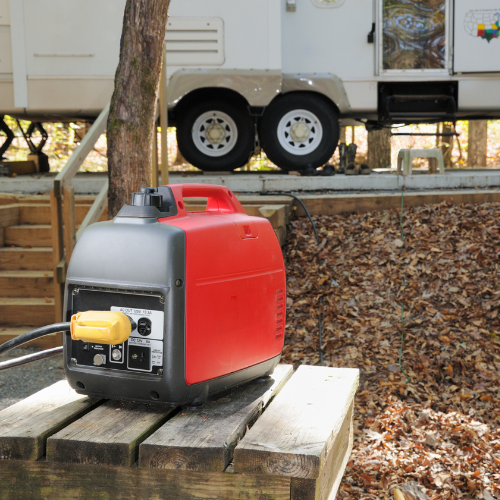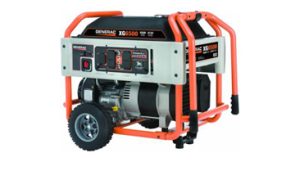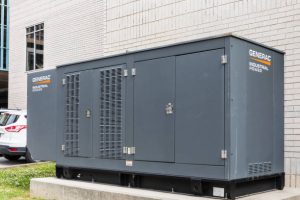Camping generators are useful in a variety of outdoor situations from powering all your outdoor lighting ideas to temperature cooling/heating systems in your tent or RV, and even keeping you connected to the outside world in the event of remote work while getting away from home. But what do you need to consider when choosing a generator that’s right for your camping adventures?
Camping Generator Needs
Everyone has different needs and different wishlist items when they go camping. Some people like to rough it sleeping on the ground and having a full primitive camping setup, while others with families and who prefer more of their creature comforts choose a well-lit, RV park. When choosing a camping generator consider your own needs before committing to a model, but also consider the needs of where you’ll be camping. A high noise level is prohibited in most National Parks. It’s not just about your fellow campers, but also about the wildlife. According to the National Park Service, times between 10 am and 6pm are quiet hours. Beyond that time frame, only generators with noise levels below 60 decibels (dBA) are allowed at a distance of 50 feet. Your model should fit the guidelines of where you’re camping as well as your need to power wifi, a computer, your phone, or major appliances in an RV!
Capacity
It is essential to choose a generator with the right amount of power for your needs. Wattage can be confusing to understand and even more confusing to calculate your needed running vs. starting wattage. Starting watts refers to the brief surge of wattage needed to start a device, while running watts refers to the wattage needed to run the device continuously. Working out the two wattage values is quite simple; first, add the running watts of all the devices you wish to power, then add the largest starting watts of the selected devices. Added up, these are the maximum starting watts that must come under your generator’s starting watts specs.

For example, if you need 4950W, you will need a generator to produce at least 2600 total running watts and 4950 total starting watts. That being said, a 3000 Watt generator can run a fair amount of things from laptops to small home appliances like coffee makers, toasters, microwaves, small fridges and freezers, televisions, and speakers. Small camping air conditioners are estimated from 900 to 1700 Watts and can also use an efficient mid-capacity generator of this example.
Size & Weight
Generators are often pretty heavy. Some portable camping generators can weigh as little as 40 pounds, but if you need 3000 starting watts or more, you may end up with a generator that is 100 pounds or heavier. If weight is an issue, you may have to plan to use fewer appliances or only one appliance at a time so that you can opt for a smaller machine. Lithium-ion batteries weigh less than traditional deep-cycle batteries and are smaller, so most solar-powered generators are lightweight and fairly portable, but likely to be more expensive than your standard gas or propane powered camping generators. Consider your cost-benefit options between generator weight, your current RV or travel setup, camping goals and needs, and ease of movement when loading your generator, during camping, and after camping carrying your things back to your vehicle. Not everyone has the physical fitness or capability to move around heavy equipment and you should always prioritize your well being than risk getting hurt picking up a heavy generator in the middle of nowhere.
A portable camping generator offers many great opportunities from movie night in nature to a comfortable hot shower in your RV! Both experienced campers and new outdoors people can benefit from these devices and at Automated Home Generators, we encourage everyone to ensure they have a great, comfortable, and safe time outside this spring. If you’re unsure about what model, capacity, or size generator is right for you, contact us today for more info!






